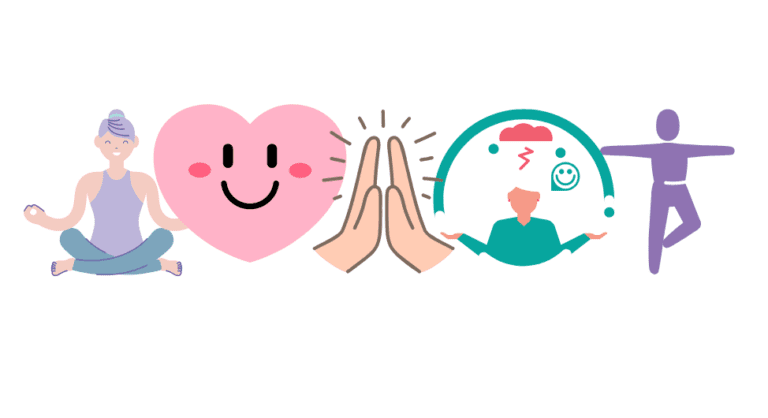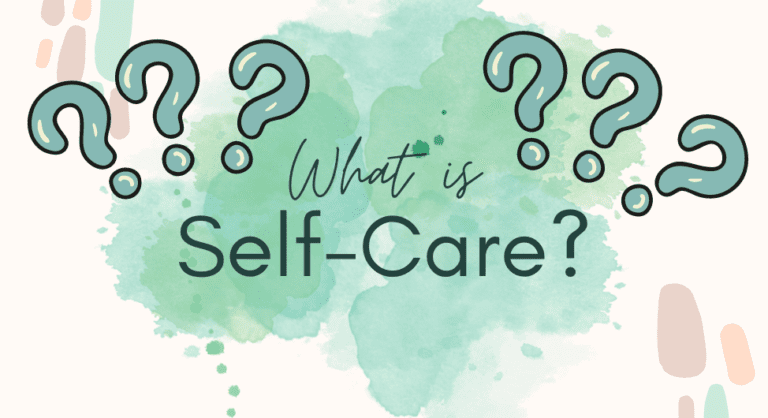Who is the Art of Adding Self-Care for
The world seems to be getting smaller and move faster then ever. We have so much stuft into our days that we easily fall into the habits that destroy self-care. How do we create a life where on one side we feel part of what our tribe is doing, but on the other side we are still being true to ourselves and taking care of our own needs?
Who benefits from the art of adding self-care ? The answer is simple: everyone.
From busy professionals to stay-at-home parents, self-care is essential for mental, emotional, and physical well-being (Neff & Germer, 2013). In this blog post, we will explore the different people that can benefit from the art of adding self-care and how these practices can positively impact their lives.
Busy Professionals
The demands of modern work culture wear you out mentally and physicaly, making self-care practices important for busy professionals (Awa, Plaumann, & Walter, 2010). Making your regular busy routine one that also meets the needs of self-care like as regular movement to burn off stress hormones, proper nutrition to keep you going when you need it, and stress management techniques so you can relax, let go and sleep improve work-life balance, reduce burnout, and enhance overall well-being.
Parents and Caregivers
Parents and caregivers often prioritize the needs of their loved ones over their own, leading to stress and exhaustion. The art of adding Self-care can help parents charge their batteries so they continue to have enough to give and maintain their emotional and physical health (Neff & Germer, 2013). Engaging in self-care activities such as meditation, journaling, or enjoying hobbies can provide needed downtime and foster resilience for the tough times.
Young Adults and College Students
With the pressures of academic life, young adults and college students can also benefit from the art of adding self-care (Conley, Travers, & Bryant, 2013). Practicing healthy habits such as getting enough sleep, taking breaks from technology and studying, and seeking social support can help students manage stress and maintain a positive outlook.
Individuals with Chronic Conditions
For those living with chronic conditions, self-care is an integral part of managing their health (Barlow, Wright, Sheasby, Turner, & Hainsworth, 2002). Self-care essentials such as following a treatment plan, practicing relaxation techniques, and connecting with support networks, and appropriate moevement has been shown in studies to improve their quality of life and help them better cope with their condition.
Older Adults
As we age, self-care becomes even more critical in maintaining physical and mental health (Laidlaw, Thompson, & Gallagher-Thompson, 2004). Self-care essentials for older adults may include staying active, engaging in cognitive activities, and fostering social connections to promote overall well-being and prevent cognitive decline.
Conclusion
The art of adding self-care is vital for people from all walks of life. Whether you are a busy professional, a caregiver, or an older adult, self-care practices can help you maintain a healthy balance in life and improve your overall well-being. By prioritizing self-care, individuals can foster resilience, manage stress, and lead healthier, happier lives. Life this post and subscribe to our RSS feed to get notified when new self-care posts and recipes come out!
References
Awa, W. L., Plaumann, M., & Walter, U. (2010). Burnout prevention: A review of intervention programs. Patient Education and Counseling, 78(2), 184-190. https://doi.org/10.1016/j.pec.2009.04.008
Barlow, J., Wright, C., Sheasby, J., Turner, A., & Hainsworth, J. (2002). Self-management approaches for people with chronic conditions: A review. Patient Education and Counseling, 48(2), 177-187. https://doi.org/10.1016/S0738-3991(02)00032-0
Conley, C. S., Travers, L. V., & Bryant, F. B. (2013). Promoting psychosocial adjustment and stress management in first-year college students: The benefits of engagement in a psychosocial wellness seminar. Journal of American College Health, 61(2), 75-86. https://doi.org/10.1080/07448481.2012.754757
Laidlaw, K., Thompson, L. W., & Gallagher-Thompson, D. (2004). Comprehensive conceptualization of cognitive behavior therapy for late-life depression. Behavioural and Cognitive Psychotherapy, 32(4), 389-399. https://doi.org/10.1017/S1352465804001461
Neff, K. D., & Germer, C. K. (2013). A pilot study and randomized controlled trial of the mindful self-compassion program. Journal of Clinical Psychology, 69(1), 28-44. https://doi.org/10.1002/jclp.21923





